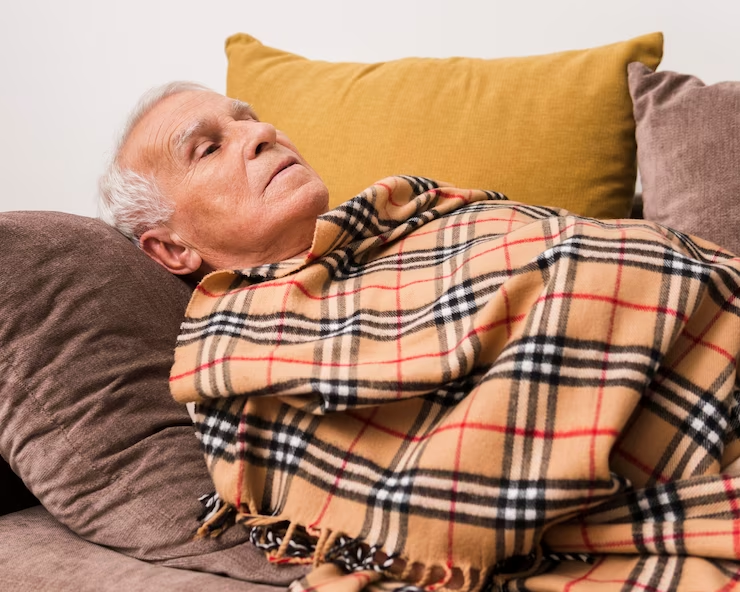Sleep is a vital aspect of our overall health and well-being, and it becomes even more crucial as we age. Unfortunately, many seniors in South Africa face challenges when it comes to maintaining healthy sleep patterns. Factors such as changes in sleep architecture, underlying health conditions, medication use, and lifestyle choices can all contribute to sleep disturbances among older adults. Recognizing the importance of sleep for seniors and promoting healthy sleep patterns is essential to ensure their overall well-being and quality of life.
One of the common sleep-related issues that seniors face is insomnia, which involves difficulty falling asleep or staying asleep throughout the night. This can lead to daytime sleepiness, fatigue, and a decline in cognitive functioning. To address insomnia, it is important to establish a regular sleep routine. Encouraging seniors to go to bed and wake up at the same time every day can help regulate their internal body clock, making it easier to fall asleep and stay asleep. Creating a comfortable sleep environment with proper bedding, temperature control, and minimal noise and light can also contribute to better sleep quality.
Another sleep-related concern for seniors is sleep apnea, a condition characterized by pauses in breathing during sleep. Sleep apnea not only disrupts the quality of sleep but also increases the risk of other health problems such as hypertension and cardiovascular disease. It is crucial for seniors exhibiting symptoms of sleep apnea, such as loud snoring or excessive daytime sleepiness, to seek medical evaluation and treatment. Continuous positive airway pressure (CPAP) therapy and lifestyle modifications, such as weight loss and avoiding alcohol before bed, can effectively manage sleep apnea and improve sleep quality.
Chronic pain and discomfort are common among seniors, and these factors can significantly impact sleep. Conditions such as arthritis, back pain, and neuropathy can make it difficult for older adults to find a comfortable sleeping position. Encouraging seniors to consult with healthcare professionals to manage their pain effectively can help alleviate sleep disturbances. Techniques such as physical therapy, pain medication, and alternative therapies like acupuncture or massage may be beneficial in promoting better sleep for seniors.
Certain lifestyle choices can also affect sleep patterns. Consuming caffeine or nicotine close to bedtime, engaging in stimulating activities before bed, and using electronic devices that emit blue light can disrupt the natural sleep-wake cycle. Educating seniors about the impact of these factors on sleep and encouraging healthy habits, such as avoiding stimulants in the evening and establishing a relaxing bedtime routine, can significantly improve sleep quality.
In some cases, medication use can interfere with sleep. Many seniors take multiple medications for various health conditions, and some of these medications may have side effects that disrupt sleep patterns. It is crucial for healthcare providers to regularly review seniors’ medication regimens and assess if any adjustments can be made to minimize sleep disturbances. Open communication between seniors and their healthcare professionals is essential to address medication-related sleep issues effectively.
Social isolation and loneliness can also contribute to poor sleep quality among seniors. As individuals age, they may experience changes in their social networks, which can result in feelings of loneliness and a lack of social engagement. Encouraging seniors to participate in social activities, connect with friends and family, and engage in hobbies and interests can help combat feelings of isolation and improve sleep patterns. Social support and a sense of belonging are crucial for overall well-being, including sleep health.
In conclusion, promoting healthy sleep patterns among South African seniors is vital for their overall well-being and quality of life. By addressing common sleep-related issues such as insomnia, sleep apnea, chronic pain, medication use, lifestyle choices, and social isolation, seniors can experience improved sleep quality and daytime functioning. Collaboration between healthcare professionals, caregivers, and seniors themselves is essential in implementing strategies to enhance sleep health. With proper support and education, seniors can enjoy the benefits of restful and rejuvenating sleep well into their golden years.










